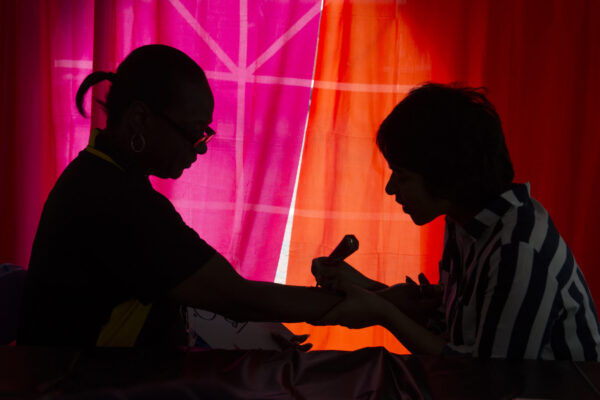Analysis Traces Trends in Graduate Student Debt by Race and Ethnicity
Title: Examining Trends in Graduate Student Debt by Race and Ethnicity
Author: Robert Kelchen
Date: May 2018
Robert Kelchen, an assistant professor at Seton Hall University, recently wrote a blog post using the newly released NPSAS:16 data investigating graduate student debt by race and ethnicity.
The analysis reveals an overall decrease in the percentage of graduate students with student debt of $25,000 or less, including those with no student debt from 2000 to 2016. It also reveals an increase in the percentage of students with a debt amount of $50,000 to $99,999, and an even greater increase in the percentage of students with a debt amount of $100,000 or more.
Focusing on graduate student debt by race and ethnicity, the data show that the majority of Asian students have no debt, which has held steady since 2000. Comparatively, the percentage of white and Hispanic students with no debt decreased steadily between 2000 and 2016, and the percentage of black students with no debt dropped dramatically from 37 percent in 2000 to 17 percent in 2016.
The biggest takeaway from Kelchen’s analysis relates to the percentage of students with at least $100,000 in educational debt by race and ethnicity. The percentage of black graduate students with $100,000 or more in educational debt rocketed from around one or two percent in 2000, to 30 percent in 2016—the greatest increase of all racial/ethnic groups.
To read the full blog post, please click here.
If you have any questions or comments about this blog post, please contact us.


